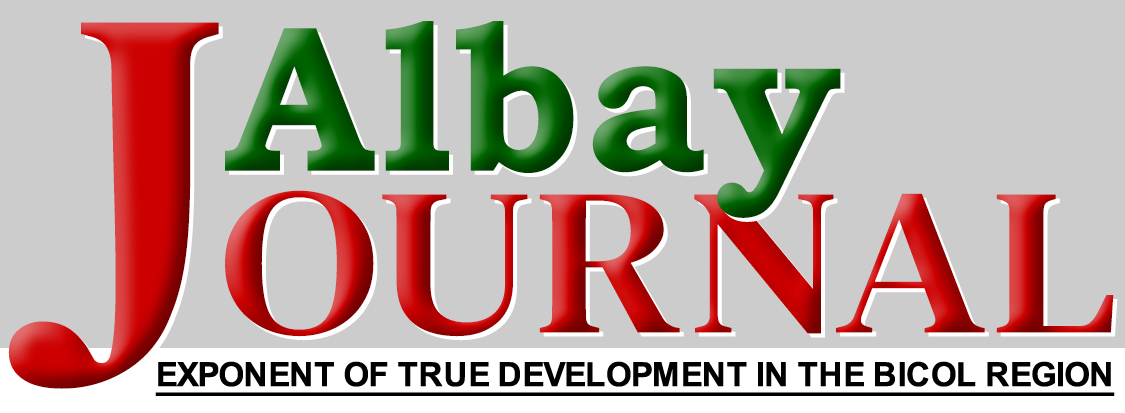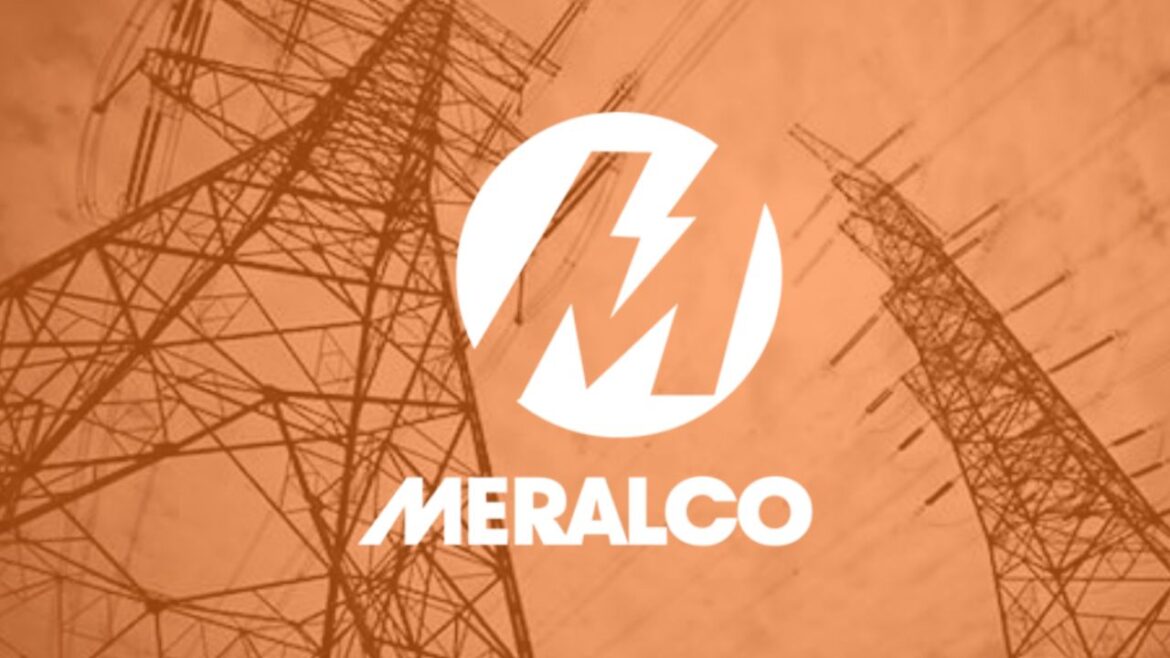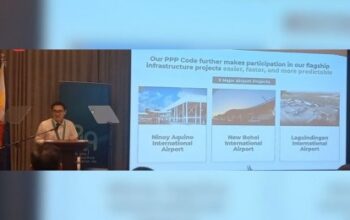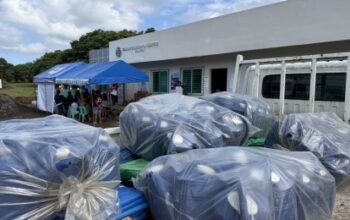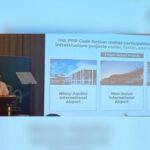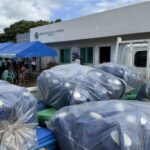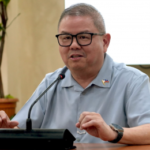House Ways and Means Committee chairman Albay Rep. Joey Sarte Salceda is pushing for the renewal of the legislative franchise of the Manila Electric Company (MERALCO) for another 25 years, to ensure the continuous and uninterrupted distribution of quality and reliable power supply and “in consideration of the nature of the vital service it provides.”
Meralco’s latest franchise was issued under RA 9209 in 2003 and will expire in 2028.
Salceda has recently filed HB 9793, which will amend RA 9209 and give MERALCO another 25 years to “construct, operate and maintain a distribution system for the conveyance of electric power to end-users.”
The power firm supplies power to 38 cities and 73 towns in Metro Manila, Bulacan, Cavite and Rizal and certain areas in Batangas, Laguna, Quezon, and Pampanga, key political and economic centers of the country that include major airports and seaports, main offices of government, and centers for trade and commerce.
Salceda noted that MERALCO provides reliable and world-class electric service to homes and supports the competitiveness of industrial and commercial customers that total to more than 7.6 million in number by the end of 2022.
“For the year 2022 alone, MERALCO delivered 48,916 GWH of electricity to these end-users at an average retail rate of Php9.52 per kilowatt-hour. Electricity consumption in the MERALCO franchise area already represented more than 50% of the country’s total electricity consumption in 20222,” he stated in explanatory note.
The lawmaker said MERALCO’s proven track record over a span of 120 years has assisted greatly in the development of the country’s key economic growth areas.
In his explanatory note, Salceda said that while many people cite the country’s power rates as “among the highest in the region, a report from the International Energy Consultants (IEC) noted that tariffs in countries like Indonesia, Malaysia, and Thailand are subsidized fully or substantially by their governments, while Philippine power prices are reflective of the actual costs of electric services.”
Furthermore, even with the recent spikes in international fuel prices in 2022, IEC found that “if subsidized markets are excluded, then Meralco’s tariff is 13% lower than the world average.” The resilience of MERALCO’s tariffs has been attributed by IEC to “Meralco’s ability to source low-cost PSAs4” and a “generation contract portfolio [that] appears to be very well managed.”
Recently, upon MERALCO’s own initiative that was followed by an ERC decision directing the refund of distribution-related charges arising from ERC’s final review of 2012-2015 rates and delays in the regulatory reset process, MERALCO completed a Php48 billion refund to customers, which brought the company’s distribution prices down further, explained Salceda.
As part of the societal obligation to marginalized customers within its franchise area, MERALCO implements a lifeline mechanism with a range of 20% to 100% discount to customers with a monthly consumption of 100 kwh and below, subsidized by other able customers. The maximum discount and range of consumption are the largest among Philippine Distribution Utilities.
Through its household electrification advocacy, MERALCO assisted 6,376 low-income families in its franchise area allowing them access to electric service. In its 40th Electric Power Industry Reform Act (EPIRA) Implementation Status Report (for the April 2022 Report Period), the Department of Energy (DOE) said MERALCO achieved 100% household electrification (based on the 2015 Census of population and Housing).
To support economic development and improve the people’s quality of life, MERALCO had invested more than Php220 billion from 2003 to 2022 for new connections, asset renewals, and load growth projects to serve more customers and their expanding electricity needs, while continuing to support government projects. These investments also helped improve operational efficiency and enable a more resilient distribution network against natural or man-made calamities.
The power company continues to improve its performance with customers experiencing 8% less power interruptions (from 2021’s 1.41 times to 2022’s 1.30 times), with 7% shorter duration (128.4 minutes in 2022 vs. 138.8 minutes in 2021). New customers in 2022 also experienced a much shorter processing time with applications taking only an average of 2.20 days to process.
This was more than half a day shorter than the same figure in 2021, which was 2.96 days, he noted.
